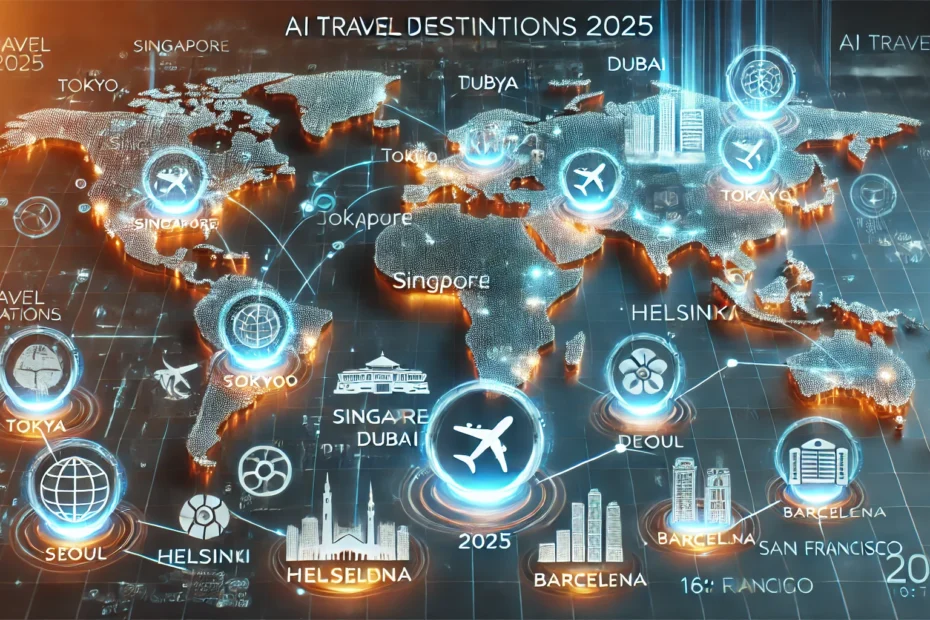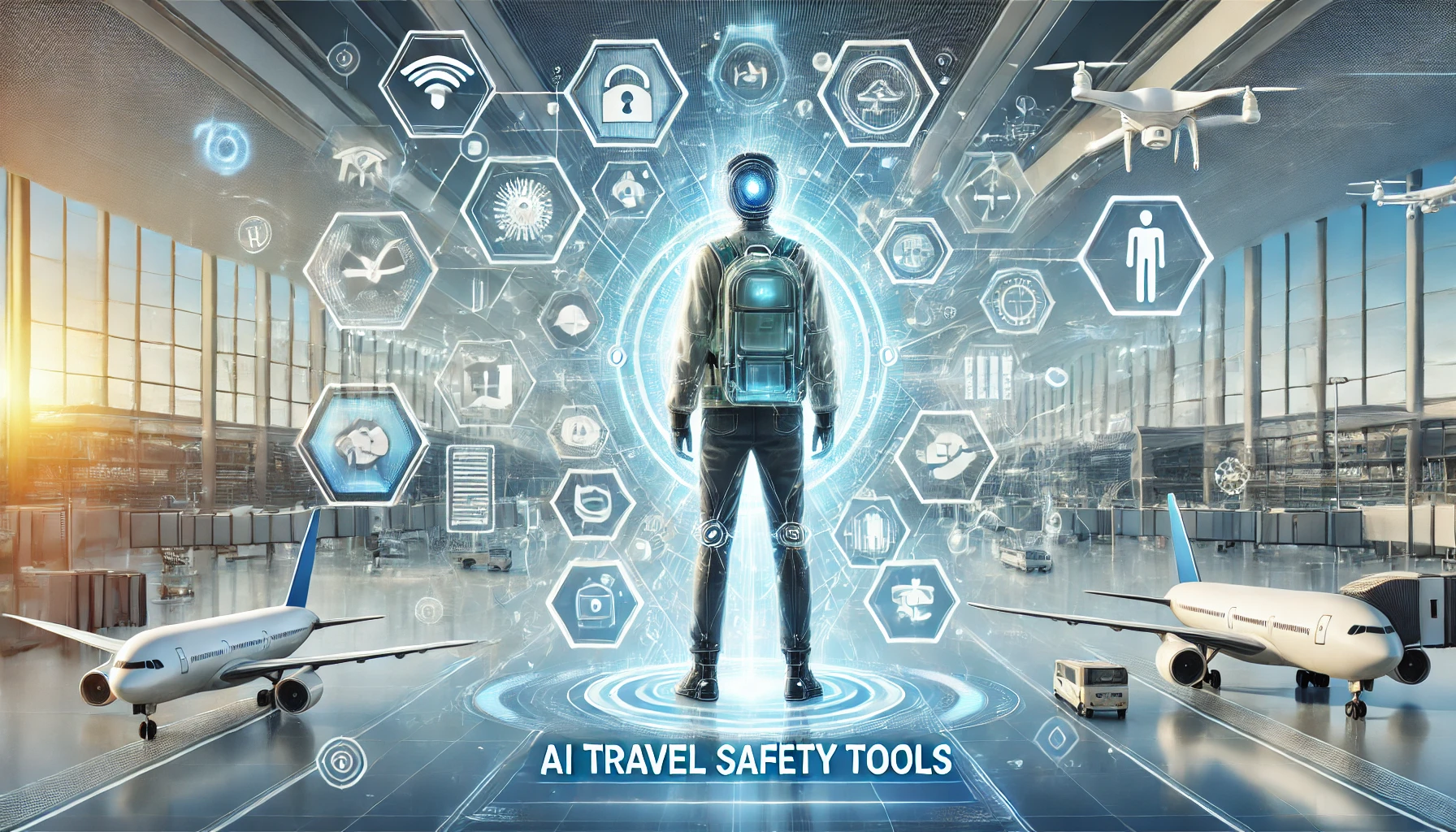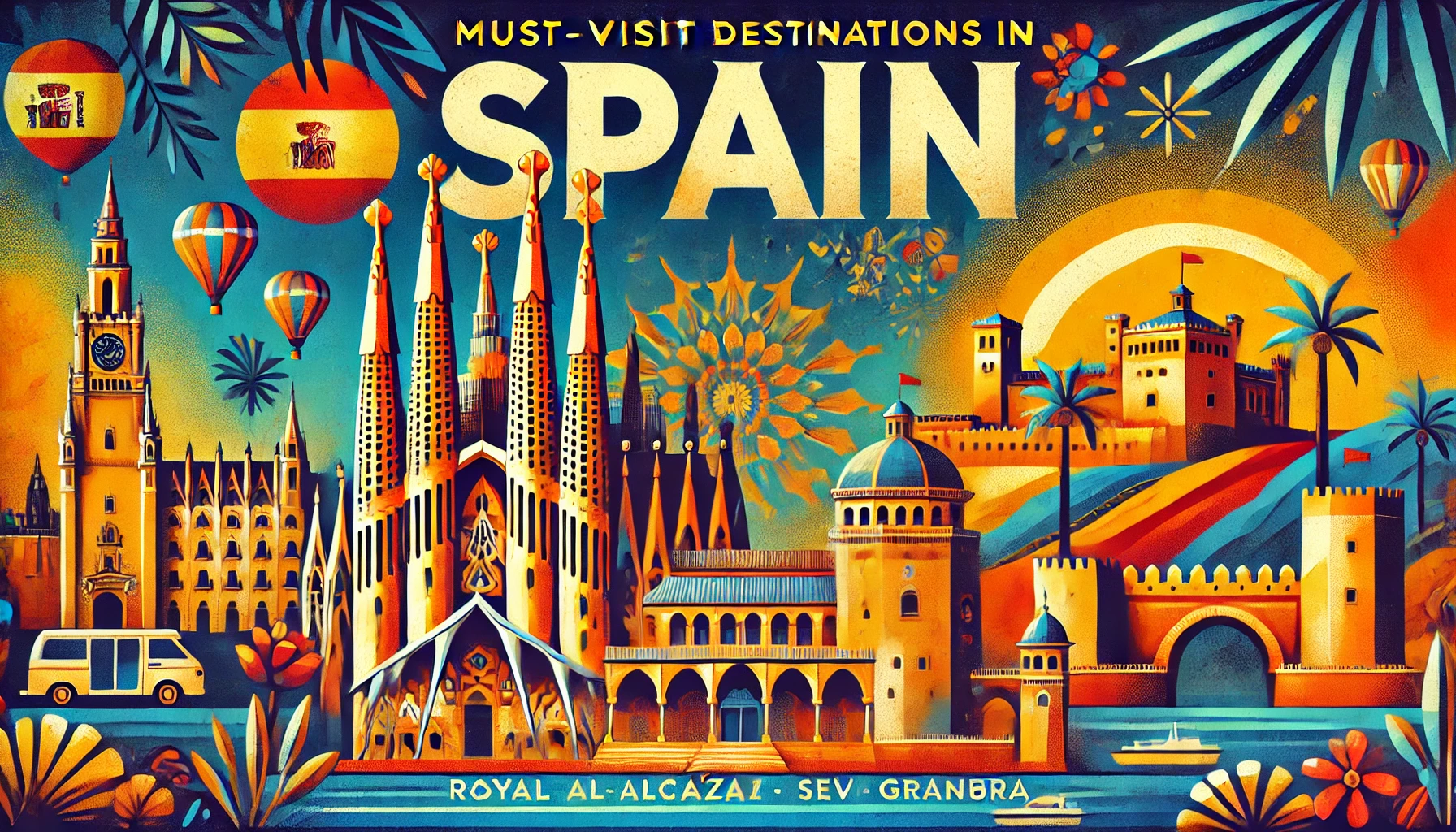Artificial Intelligence (AI) is revolutionizing global tourism. In 2025, a new wave of AI Travel Destinations 2025 is transforming how travelers experience cities, resorts, and attractions. These smart destinations leverage AI to offer seamless personalization, automated services, and next-level convenience. Let’s explore the seven leading AI driven travel destinations making travel smarter in 2025.
1. Singapore
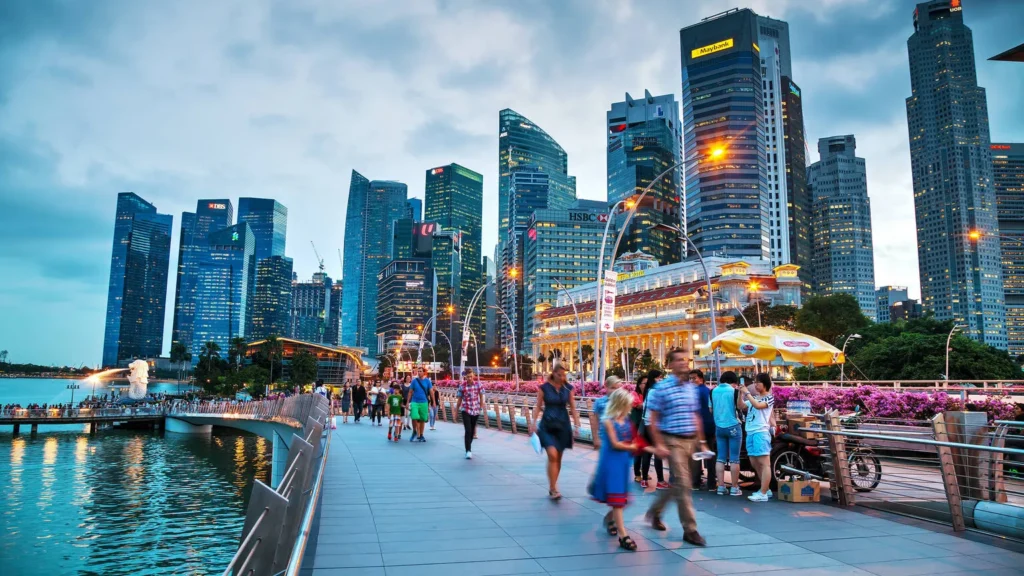
Singapore leads the pack in integrating AI into its tourism infrastructure. From AI-powered immigration processes at Changi Airport to chatbots guiding visitors through Marina Bay attractions, Singapore exemplifies smart travel innovation. Personalized travel apps provide real-time recommendations based on visitor preferences.
2. Tokyo, Japan
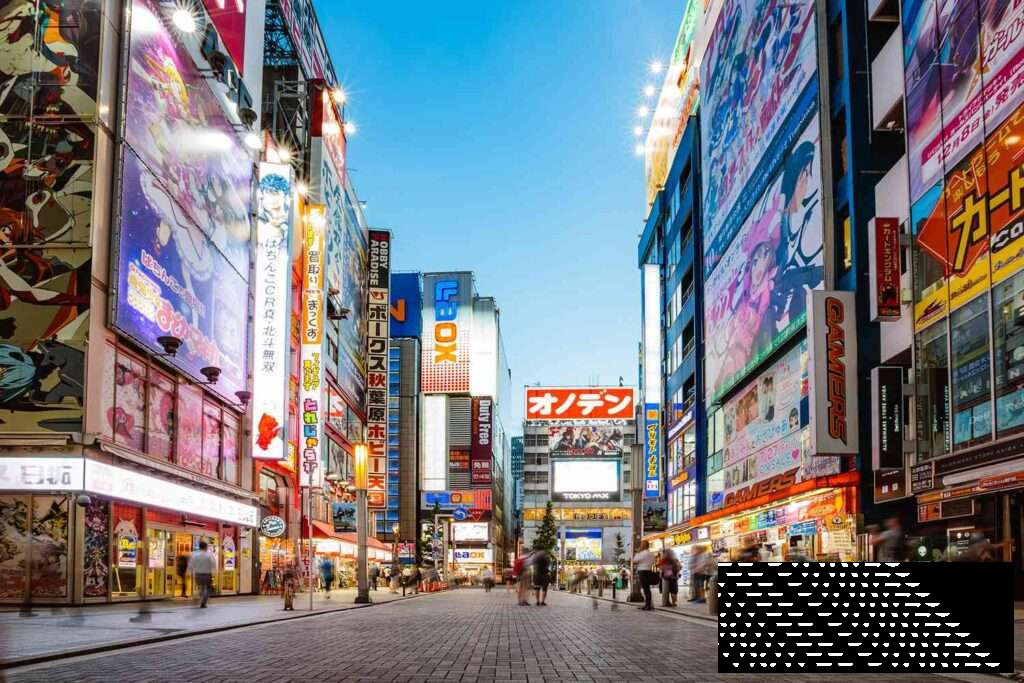
Tokyo blends tradition with cutting-edge technology. In 2025, travelers encounter AI-driven concierge robots in hotels, automated language translation tools, and AI-enhanced navigation systems. Tokyo’s AI-powered public transport optimizes routes based on real-time traffic data, making exploration efficient and enjoyable.
3. Dubai, UAE
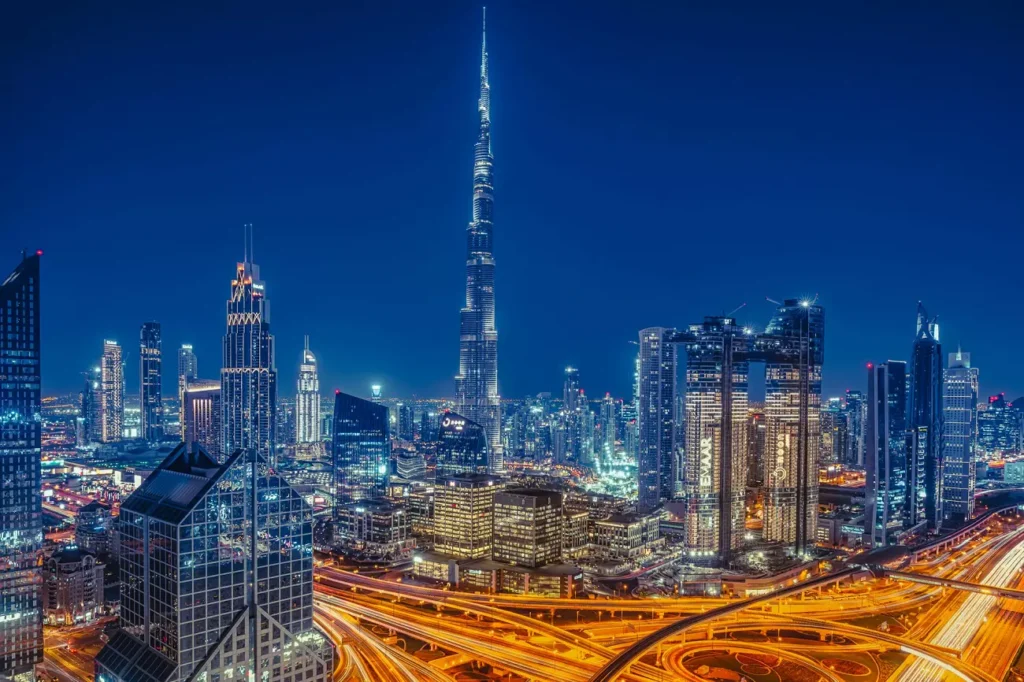
Dubai’s reputation for luxury extends to AI-powered guest services. AI chatbots handle hotel bookings, restaurant reservations, and local experiences. Smart facial recognition ensures swift airport immigration, while AI-driven entertainment systems in hotels offer personalized content.
4. Helsinki, Finland
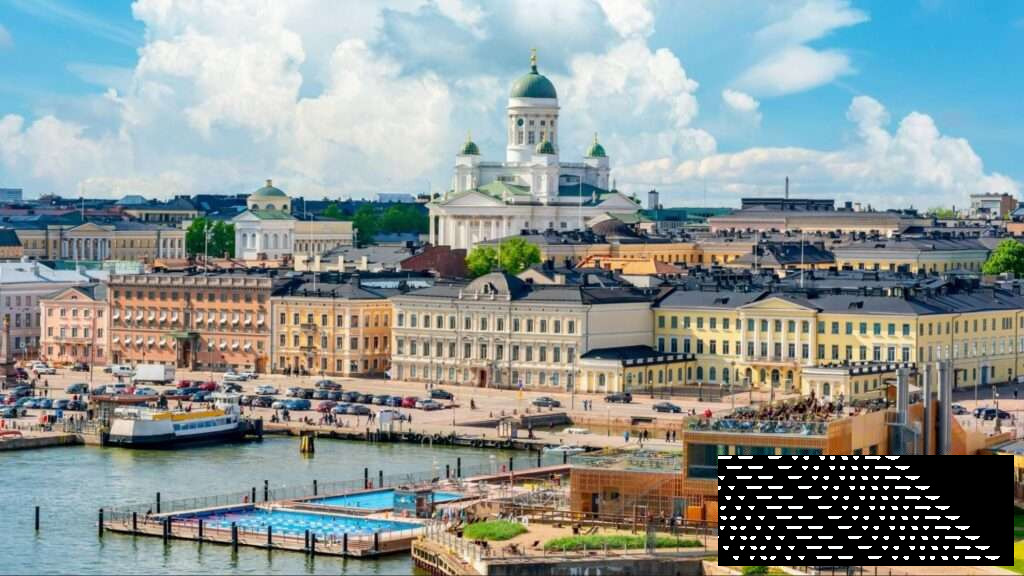
Helsinki is at the forefront of combining AI with eco-friendly travel. Smart energy management systems in hotels, AI-based crowd control at tourist spots, and real-time environmental data apps help visitors make sustainable choices. Helsinki’s AI initiatives enhance traveler comfort while reducing environmental impact.
5. Seoul, South Korea

Seoul’s bustling shopping districts and entertainment hubs are AI-enhanced in 2025. Travelers receive personalized product recommendations in stores via AI-driven apps. Smart kiosks provide tailored cultural event suggestions, while AI chatbots offer multilingual assistance.
6. Barcelona, Spain
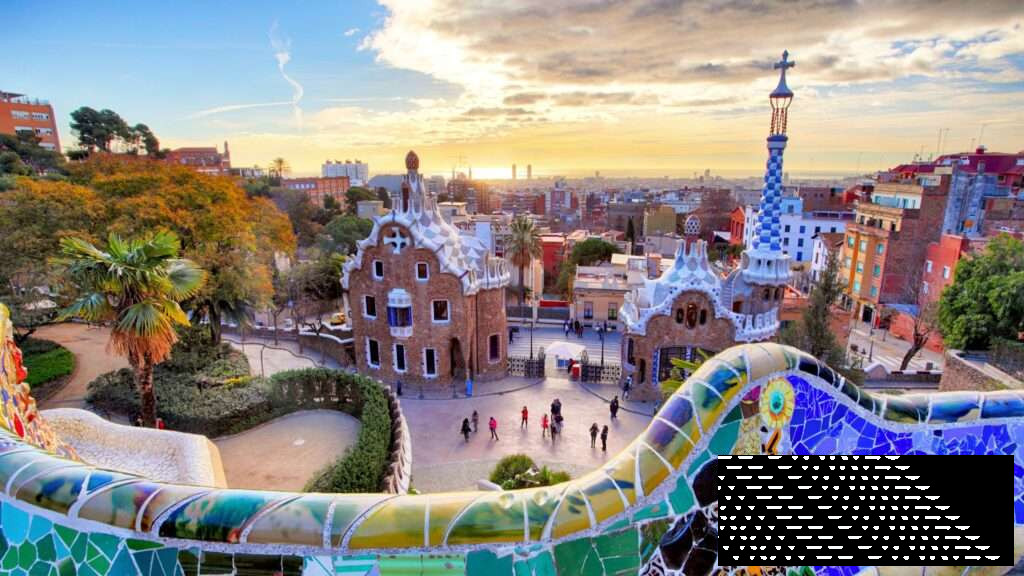
Barcelona integrates AI into its smart city framework. AI systems manage tourist flow in hotspots like Sagrada Familia to prevent overcrowding. Personalized AI travel guides recommend local gastronomy experiences, hidden gems, and optimal visiting times for attractions.
7. San Francisco, USA

San Francisco stands out with AI-powered mobility solutions. Autonomous shuttles, AI-driven rideshare services, and smart traffic systems simplify transportation. AI apps provide real-time updates on local events, weather, and dining, ensuring a connected travel experience.
Honorable Mentions
Amsterdam, Netherlands
Amsterdam leverages AI to promote sustainable tourism. AI systems manage bike-sharing schemes, smart traffic lights for cyclists, and real-time pollution monitoring apps. Personalized AI travel assistants recommend eco-friendly accommodations and activities.
Hong Kong
Hong Kong has integrated AI across its major attractions. Visitors benefit from AI-driven multilingual chatbots, facial recognition at airports, and AI-based dynamic itinerary planners that adapt to real-time crowd and weather conditions.
Conclusion: The Future of AI Travel Destinations 2025
AI is no longer a futuristic concept—it’s redefining tourism today. The seven AI Travel Destinations 2025 showcased here illustrate how cities worldwide are leveraging AI to make travel smarter, safer, and more personalized. As travelers demand greater convenience and customization, AI will continue to shape the future of tourism.
5 FAQs
1. What are AI travel destinations? AI travel destinations are cities or locations that integrate artificial intelligence technologies to enhance the travel experience through personalization, automation, and smart services.
2. How does AI improve travel experiences in 2025? AI improves travel by offering real-time recommendations, streamlining services like booking and check-ins, enabling multilingual assistance, and managing tourist flows efficiently.
3. Are AI travel destinations secure for travelers? Yes, most AI travel destinations prioritize data privacy and implement secure AI systems to ensure traveler safety and information security.
4. How do AI travel destinations support sustainable tourism? Many destinations use AI for smart energy management, eco-friendly transport solutions, and crowd control to reduce environmental impact and promote sustainable tourism.
5. Can small cities become AI travel destinations? Absolutely. With scalable AI solutions, smaller cities can implement chatbots, smart transportation, and personalized travel apps to improve visitor experiences and attract tourism.
